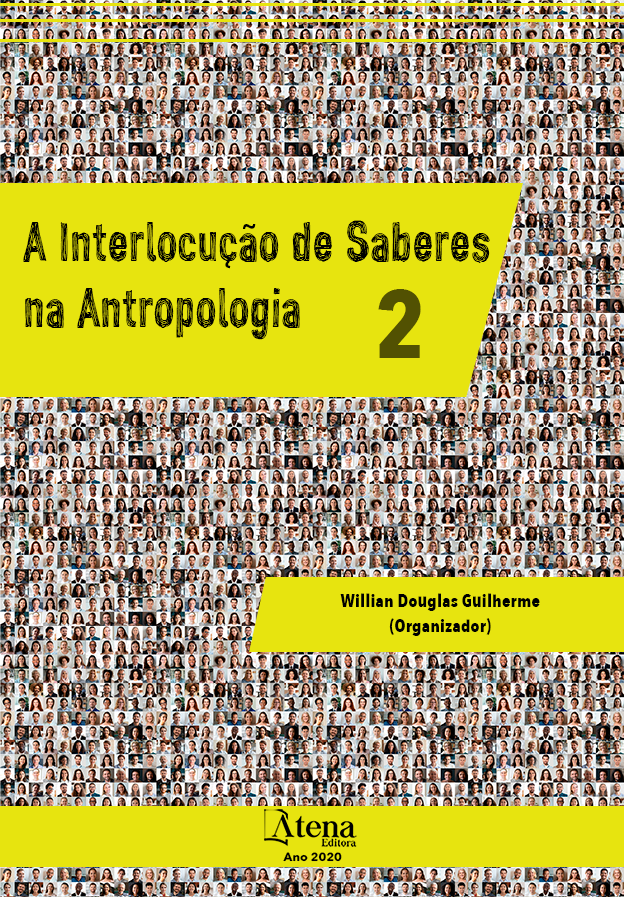
DA NARRATIVA DE VIAGEM À NARRATIVA ETNOGRÁFICA: A REPRESENTAÇÃO DO OUTRO E A AUTORIDADE CIENTÍFICA
O artigo discute a representação do/a “Outro/a” e a Autoridade Científica na escrita etnográfica, a fim de refletir sobre o papel do/a pesquisador/a na produção do conhecimento antropológico. Parte das seguintes indagações: Como representar o/a Outro/a na escrita etnográfica? Quem é o/a autor/a da narrativa etnográfica? É um estudo de caráter bibliográfico que tem como principais fontes: “Viagem à Terra do Brasil” de Jean de Léry (1980); “Os Nuer” de Evans-Pritchard (1978), e, “Os Milton” de Mariana Pantoja (2008). A leitura dessas fontes à luz da Antropologia interpretativa e pós-moderna possibilitou identificar importantes mudanças na escrita etnográfica ao longo dos tempos. Um processo polêmico e complexo permeado por jogos de interesses e relações de poder. Daí concluir que, não existe uma receita, um único modo de fazer uma narrativa etnográfica e, tampouco, marcar a autoridade científica, até porque esse exercício depende da concepção teórico-metodológica adotada pelo pesquisador. Isso mostra que tal profissional tem papel decisivo na construção do conhecimento antropológico, pois, as decisões, que legitimam ou não o conhecimento produzido, são sempre do/a pesquisador/a.
DA NARRATIVA DE VIAGEM À NARRATIVA ETNOGRÁFICA: A REPRESENTAÇÃO DO OUTRO E A AUTORIDADE CIENTÍFICA
-
DOI: 10.22533/at.ed.7502011098
-
Palavras-chave: Escrita etnográfica; Tradução cultural; Autoridade científica.
-
Keywords: Ethnographic writing; Cultural translation; Scientific authority.
-
Abstract:
The article discusses the representation of the "Other" and the Scientific Authority in ethnographic writing, in order to reflect on the role of the researcher in the production of anthropological knowledge. It starts with the following questions: How to represent the Other in ethnographic writing? Who is the author of the ethnographic narrative? It is a bibliographic study that has as main sources: “Journey to the Land of Brazil” by Jean de Léry (1980); “Os Nuer” by Evans-Pritchard (1978), and “Os Milton” by Mariana Pantoja (2008). The reading of these sources in the light of interpretive and postmodern anthropology made it possible to identify important changes in ethnographic writing over time. A controversial and complex process permeated by games of interests and relations of power. Hence to conclude that, there is no recipe, a single way to make an ethnographic narrative, nor to mark the scientific authority, not least because this exercise depends on the theoretical-methodological conception adopted by the researcher. This shows that such a professional has a decisive role in the construction of anthropological knowledge, because the decisions, which legitimize or not the knowledge produced, are always the researcher's.
-
Número de páginas: 15
- Eliane Miranda Costa


